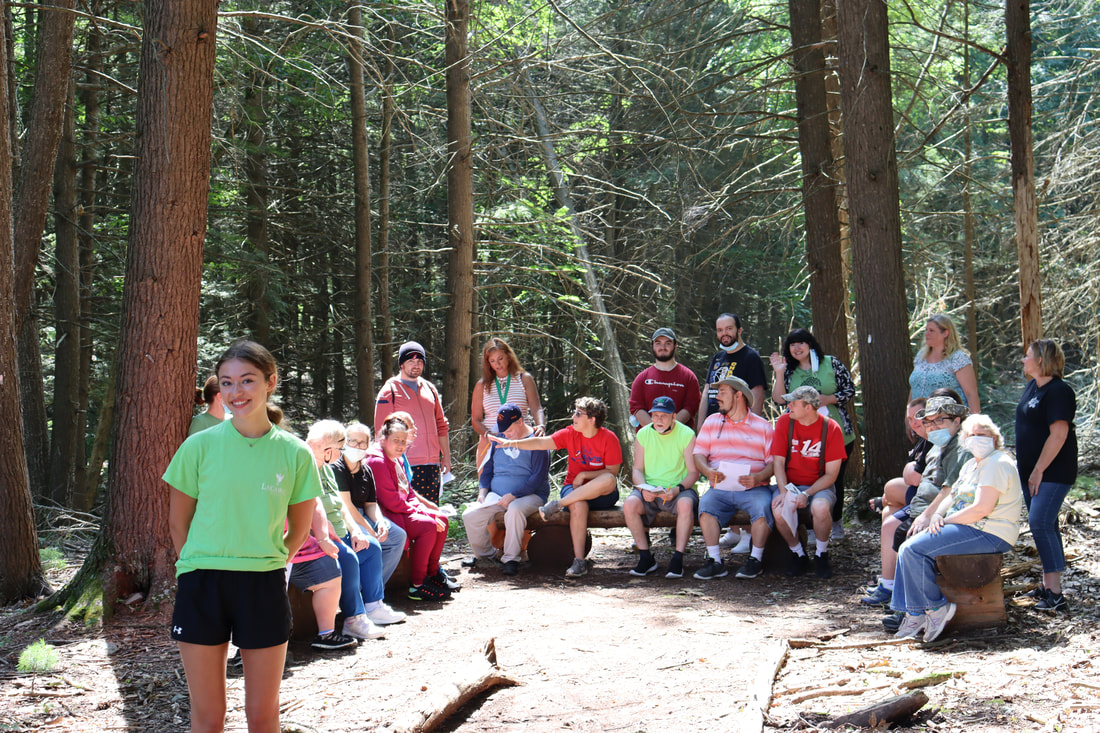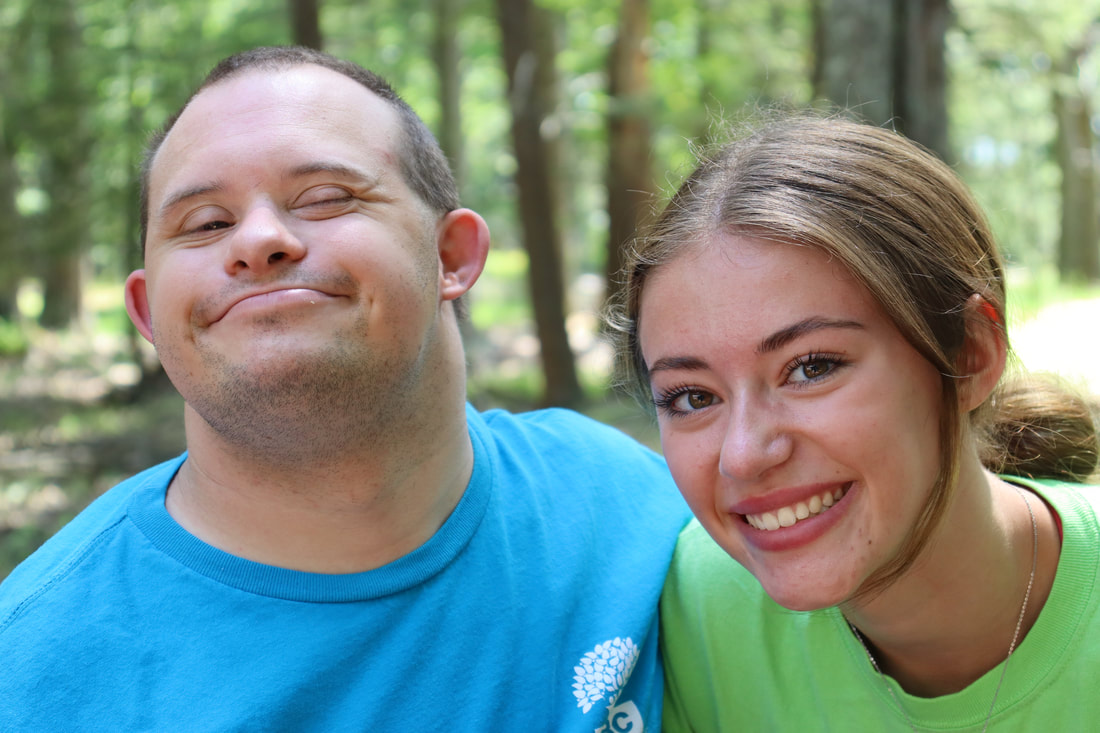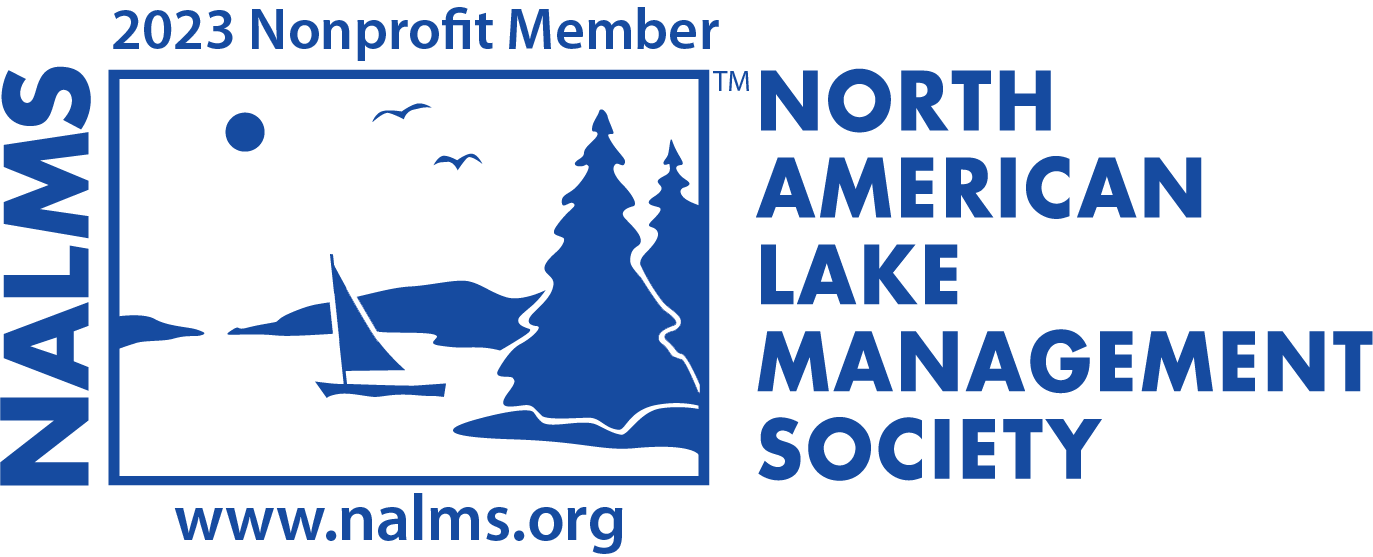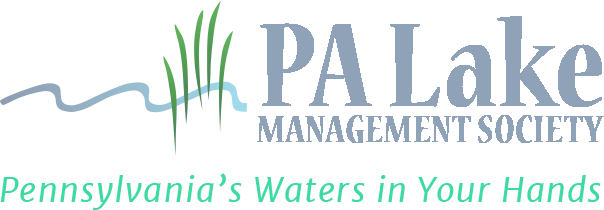Environmental Education Field Trips for
Special Needs Individuals
|
Lacawac provides innovative programs where individuals discover their strengths in a unique nature-based approach. The purposeful contact with the outdoors provides a relaxing, healthy living program with lots of fresh air and exercise to compliment the outdoor experience. Lacawac's environmental educators provide a safe, structured, supportive environment which helps to maximize the potential of each individual. The programs include space for sensory activities focusing on fine and gross motor skills as well as activities to interact with the natural world. Lacawac is a 500 acre living classroom with one mile of undeveloped shoreline along Lake Wallenpaupack. The sanctuary encompasses glacial Lake Lacawac, a National Natural Landmark, and its watershed. A variety of ecosystems and trails provide the ideal opportunity for deep and meaningful learning. The William E. Chatlos Environmental Education Center, Carriage House and Coulter Visitor Center provide accommodations in inclement weather. Program Details
Program Fees We are able to offer this program free of charge. |
Field Trips Offered:
Sense of Wonder
Students will use their senses to explore Lacawac’s living classroom. Activities such as looking for shapes and colors, listening to forest sounds, and using their hands to find textures will foster an appreciation and curiosity for the natural world.
Earth Cycles
Explore a forest habitat while discovering the changes that occur in nature over time. All things change, from plants and animals to weather and the seasons. Observe life cycles while searching for nymphs, larva, seedlings and more. Using insect and amphibian models, students will reconstruct the steps from egg to adult.
Amazing Adaptations
Discover tricks animals use to survive. Experiential activities support the discovery of living and nonliving things by exploring structure and movement. A tactile activity using skulls and furs will give students an opportunity to touch and learn about animal adaptations.
Water Ecology
Using dip nets, students will collect, observe, and identify aquatic macroinvertebrates to determine water quality at Heron Pond. An interactive walk will give students an opportunity to experience the unique aspects of a wetland. Students use their senses to interact with plants, soil, and “critters” along the way.
Sensory Journey
Educators use a combination of activities from the programs above to meet the needs of the students. Students are encouraged to use their senses to experience forest and water habitats. Educators use manipulatives to help focus the students attention and engage them during hands-on exploration.
Students will use their senses to explore Lacawac’s living classroom. Activities such as looking for shapes and colors, listening to forest sounds, and using their hands to find textures will foster an appreciation and curiosity for the natural world.
Earth Cycles
Explore a forest habitat while discovering the changes that occur in nature over time. All things change, from plants and animals to weather and the seasons. Observe life cycles while searching for nymphs, larva, seedlings and more. Using insect and amphibian models, students will reconstruct the steps from egg to adult.
Amazing Adaptations
Discover tricks animals use to survive. Experiential activities support the discovery of living and nonliving things by exploring structure and movement. A tactile activity using skulls and furs will give students an opportunity to touch and learn about animal adaptations.
Water Ecology
Using dip nets, students will collect, observe, and identify aquatic macroinvertebrates to determine water quality at Heron Pond. An interactive walk will give students an opportunity to experience the unique aspects of a wetland. Students use their senses to interact with plants, soil, and “critters” along the way.
Sensory Journey
Educators use a combination of activities from the programs above to meet the needs of the students. Students are encouraged to use their senses to experience forest and water habitats. Educators use manipulatives to help focus the students attention and engage them during hands-on exploration.
For more information and to schedule a field trip contact:
Phone: 570–689–9494
Email: [email protected]
Phone: 570–689–9494
Email: [email protected]






































